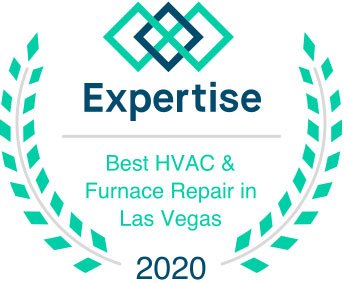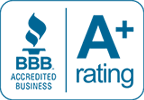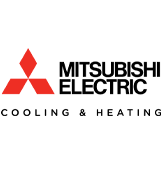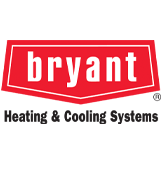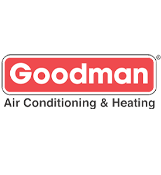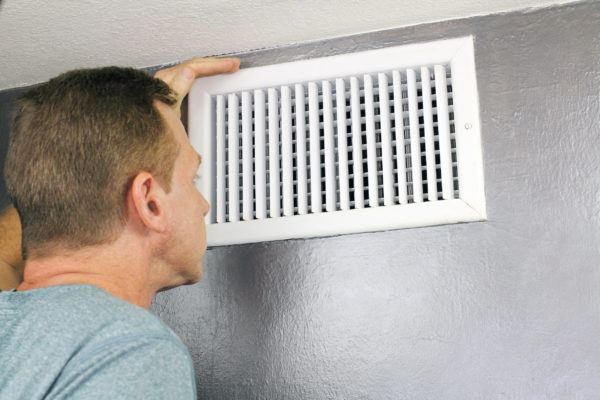
Nothing is quite so pleasing as hearing your air conditioner kick into action on a hot, stuffy day. However, if the AC in your Las Vegas, Nevada home quickly cycles back off, you have a problem. This immediate halt is a common phenomenon known as short cycling. Short cycling expedites air conditioner wear and decreases the overall lifespan of cooling equipment. It also delays the relief that overheated residents are waiting for and drives home energy bills up.
What Is Short Cycling?
A short cycling air conditioner powers up and then rapidly turns itself back off. More often than not, this results from an internal problem that keeps prematurely stopping its operation.
When your AC system is working as it should, it will turn itself on when the building interior grows warm, and it won’t turn off until your home reaches the temperature you have set at the thermostat.
Short cycling air conditioners take far longer than expected to do their job. As a matter of fact, some air conditioners remain unable to create the preferred indoor temperature. If left running, these units will work all day and night without producing any noticeable changes in the indoor climate.
Having a short cycling air conditioner diagnosed and repaired is essential. Not only will this cut your energy spending, but it may also prevent premature AC failure. If your air conditioner is short cycling, you should check its air filter. If this component isn’t missing, improperly installed, or covered in debris, completely turn your air conditioner off and contact a trusted HVAC company at once. Following is everything you need to know about AC short cycling and five of its most common causes.
1. Your AC System Has a Dirty or Missing Air Filter
Dirty or missing air filters are only one of several internal problems that can cause an air conditioner to malfunction. Clogged filters inhibit normal airflow, and this hindrance causes an air conditioner’s components to overheat. When the parts grow too hot, an AC unit automatically turns itself off to prevent failure or other serious problems. As the affected parts cool down, the air conditioners will continue attempting to resume normal functioning. The cooling cycles will start again until they get stopped nonce more by overheating.
HVAC air filters should be checked and changed monthly. This switch is especially true if you use your cooling system often, have an indoor pet, live near an uncultivated landscape, or live on a busy road. Although many air conditioner manufacturers recommend changing air filters once every two to three months, certain factors in your household could make more frequent changes necessary.
Missing air filters are another matter entirely. Sometimes homeowners take these components out to change them and then forget to put new ones in place. An air filter may be missing or installed incorrectly if you recently purchased existing construction and your new-to-you home already has air conditioner problems. In each of these instances, it is best to have a licensed HVAC technician perform a comprehensive inspection.
Although AC filters contribute to modest improvements in indoor air quality (IAQ), these components primarily get added to protect cooling equipment from heavy accumulations of airborne debris. If your air conditioner was left operating without a filter for an extended period of time or without a properly installed filter, it most likely requires a thorough cleaning.
2. Your Air Conditioner Is the Wrong Size for Your Home
Improper AC sizing is a primary cause of short cycling. Some homeowners independently purchase their cooling equipment without professional assistance. They choose to buy their unit without the input or guidance of licensed HVAC technicians.
In some situations with these purchases, they buy air conditioners far too large for their properties. This improper acquisition occurs with an inaccurate belief that the more extensive air conditioner will invariably provide greater cooling power. When an air conditioner is too large for the service area, it will cool the interior space down too quickly. This speed causes it to quickly cut off in order to prevent over-cooling the location and discourage dropping the indoor temperature below the thermostat setting.
There are also consumers who buy air conditioners that are too small for their homes. Smaller air conditioners have lower cooling capacities and lower upfront costs. Whether in an effort to save money or a misguided attempt to lower household energy use, installing an under-sized air conditioner will cause your cooling equipment to overwork. Under-sized air conditioners run all the time and still struggle to create comfortable indoor temperatures. If they run too long and sustain enough wear and tear, these units can also overheat and begin to short cycle.
There are times when HVAC companies may fail to choose the correct dimensions in the air conditioners for their clients. Yet, reputable, reliable HVAC companies perform complex calculations to avoid this error. They consider multiple factors, including ceiling heights, total square footage, a home’s layout and insulation, and other factors. The only effective way to resolve short cycling caused by improper AC sizing is to have an overly large or overly small air conditioner replaced.
3. Electrical Problems Are Preventing the AC System From Functioning Normally
As air conditioners age, they are prone to developing minor electrical issues that tremendously impact their performance. These include loose and faulty connections that may be easy to identify and correct during a professional HVAC inspection. Electrical problems can also exist at an air conditioner’s thermostat. The thermostat may need to be recalibrated, replaced, or simply set to an accurate mode.
4. The Evaporator Coils Are Frozen
If your air conditioner shuts down due to a dirty air filter, its evaporator coils may be frozen. Freezing evaporator coils are a common problem in cooling systems that are poorly maintained. When dirt collects on the
AC coils can cause freezing and short cycling as well. Thick layers of dust on this coil make it hard for the refrigerant inside it to absorb heat. This improper absorption can lead to overheating and short cycling.
5. There’s a Refrigerant Leak
Refrigerant leaks are hardly a minor issue. If these are left unchecked, they can cause total AC system failure. This possible failure is one of the top reasons homeowners get advised to turn off their short cycling air conditioners as soon as they’ve verified that dirty air filters aren’t the culprit. Air conditioners with insufficient refrigerant work a lot harder than they should. This extra effort can result in overheating, a collapsed compressor, and countless other issues.
When short cycling happens due to improperly sized cooling equipment, upgrading to an air conditioner with the right size and the correct cooling capacity is the best solution. However, if short cycling results from poor maintenance, a refrigerant leak, or electrical problems, turning the unit off spares homeowners the high cost of getting a replacement. With timely service, these issues can get resolved and normal functioning restored.
Polar Air & Heating, Inc. is a trusted provider of HVAC services all throughout the greater Las Vegas, Nevada area. We offer heater and air conditioner installation, maintenance, and repair services. We also provide humidifiers, ductless mini-splits, and air purifiers. If your AC system is short cycling, we can find out why and solve the problem. Give us a call today.


